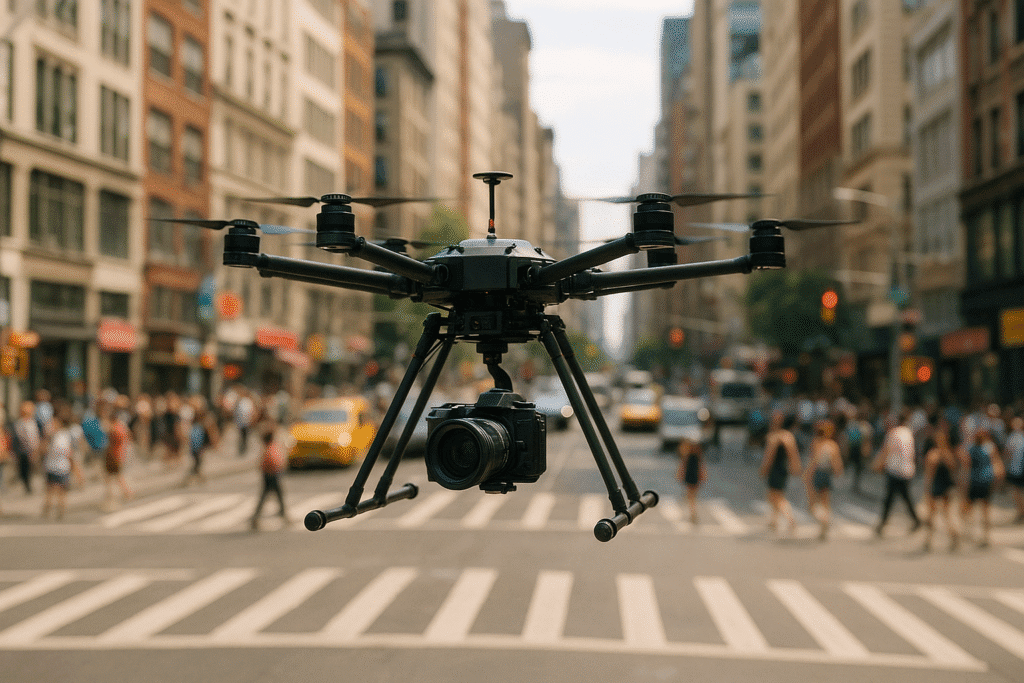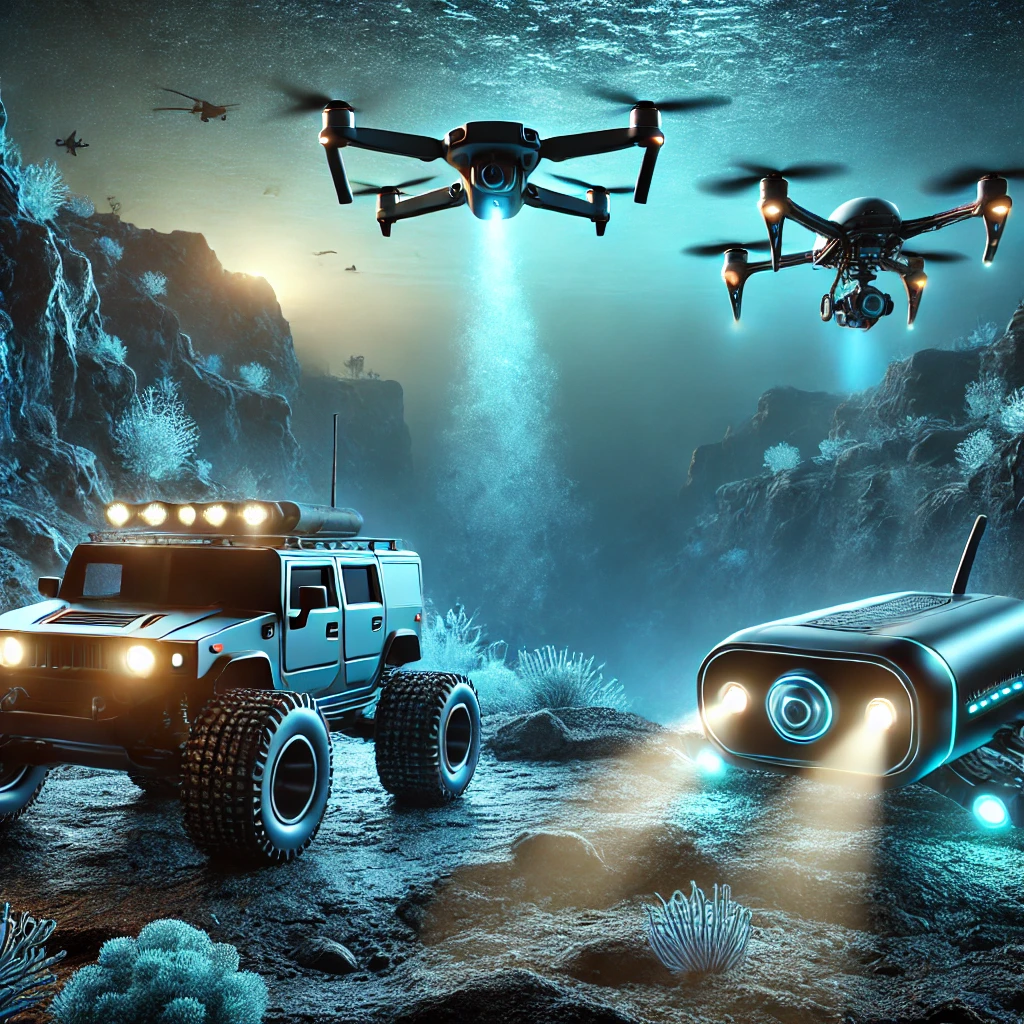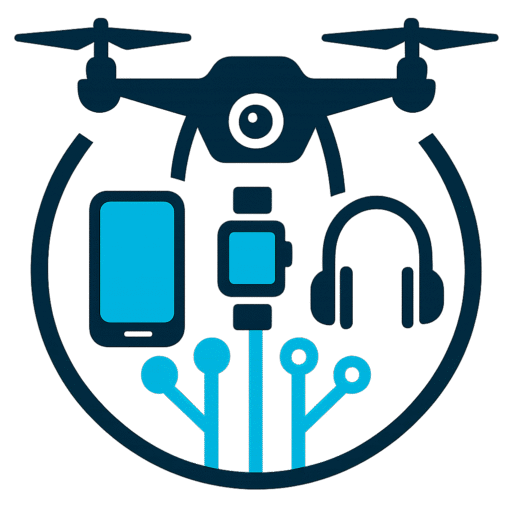
Introduction
Drones have revolutionized the world of photography and videography, providing stunning aerial perspectives that were once only possible with helicopters. Whether you’re a professional filmmaker or a hobbyist photographer, choosing the right drone is crucial for capturing breathtaking footage. In this guide, we’ll walk you through everything you need to know to pick the perfect drone for photography and videography.
Key Features to Consider for Aerial Photography and Videography
Camera Quality:
Look for at least 4K resolution for sharp video and high megapixels (12MP or more) for crisp photos.
Consider gimbal stabilization for smooth shots.
Flight Time:
Longer flight times allow for more coverage. Ideal drones have at least 20-30 minutes of flight time.
Range:
A longer range enables you to capture footage from greater distances. Look for drones with at least 2-10 km range.
Stabilization and Gimbal:
A 3-axis gimbal is essential for stable and shake-free footage.
GPS and Smart Features:
Features like Follow Me, Return to Home, and Waypoint Navigation are crucial for smooth and automated shots.
Obstacle Avoidance:
Prevents crashes and allows for safer flying in complex environments.
Portability:
Foldable drones are easier to transport, ideal for travel photographers and videographers.
Price and Budget Consideration:
Choose a drone that matches your skill level and project needs without overspending.
Top Drones for Photography and Videography by Budget
Budget-Friendly Options (Under $500)
DJI Mini 2
Camera Quality: 12MP, 4K video
Flight Time: 31 minutes
Range: 10 km
Pros: Compact, 4K video, long flight time
Cons: No obstacle avoidance
Ideal For: Travel bloggers and beginners
Holy Stone HS720E
Camera Quality: 4K EIS
Flight Time: 23 minutes
Range: 1 km
Pros: GPS, follow-me mode, 4K video
Cons: Slightly heavier, less range
Ideal For: Beginners wanting stable footage
Mid-Range Options ($500 – $1000)
DJI Air 2S
Camera Quality: 20MP, 5.4K video
Flight Time: 31 minutes
Range: 12 km
Pros: Large sensor, smart features, obstacle avoidance
Cons: Pricier than entry-level models
Ideal For: Intermediate photographers and videographers
Autel Robotics EVO Nano+
Camera Quality: 50MP, 4K HDR video
Flight Time: 28 minutes
Range: 10 km
Pros: HDR video, lightweight, compact design
Cons: Slightly shorter flight time
Ideal For: Travel videographers and vloggers
Premium Options ($1000 and Up)
DJI Mavic 3
Camera Quality: 20MP, 5.1K video
Flight Time: 46 minutes
Range: 15 km
Pros: Dual camera system, best-in-class video quality
Cons: High price point
Ideal For: Professional filmmakers and aerial photographers
Autel Robotics EVO II Pro 6K
Camera Quality: 48MP, 6K video
Flight Time: 40 minutes
Range: 9 km
Pros: 6K video, long battery life, robust build
Cons: Heavier than most drones
Ideal For: High-end commercial projects
Tips for Capturing Stunning Aerial Shots
Use the Rule of Thirds: Align your shots using grid lines for better composition.
Fly During Golden Hour: Capture softer light and dramatic skies during sunrise or sunset.
Keep Your Movements Smooth: Avoid jerky movements to produce cinematic footage.
Learn to Pan and Tilt Gracefully: Slow, steady pans and tilts look more professional.
Conclusion
Choosing the right drone for photography and videography comes down to understanding your specific needs and budget. Whether you are just starting out or you are a seasoned professional, there is a perfect drone out there for you. Ready to elevate your aerial shots? Explore these top drones and take your photography and videography to the next level.




